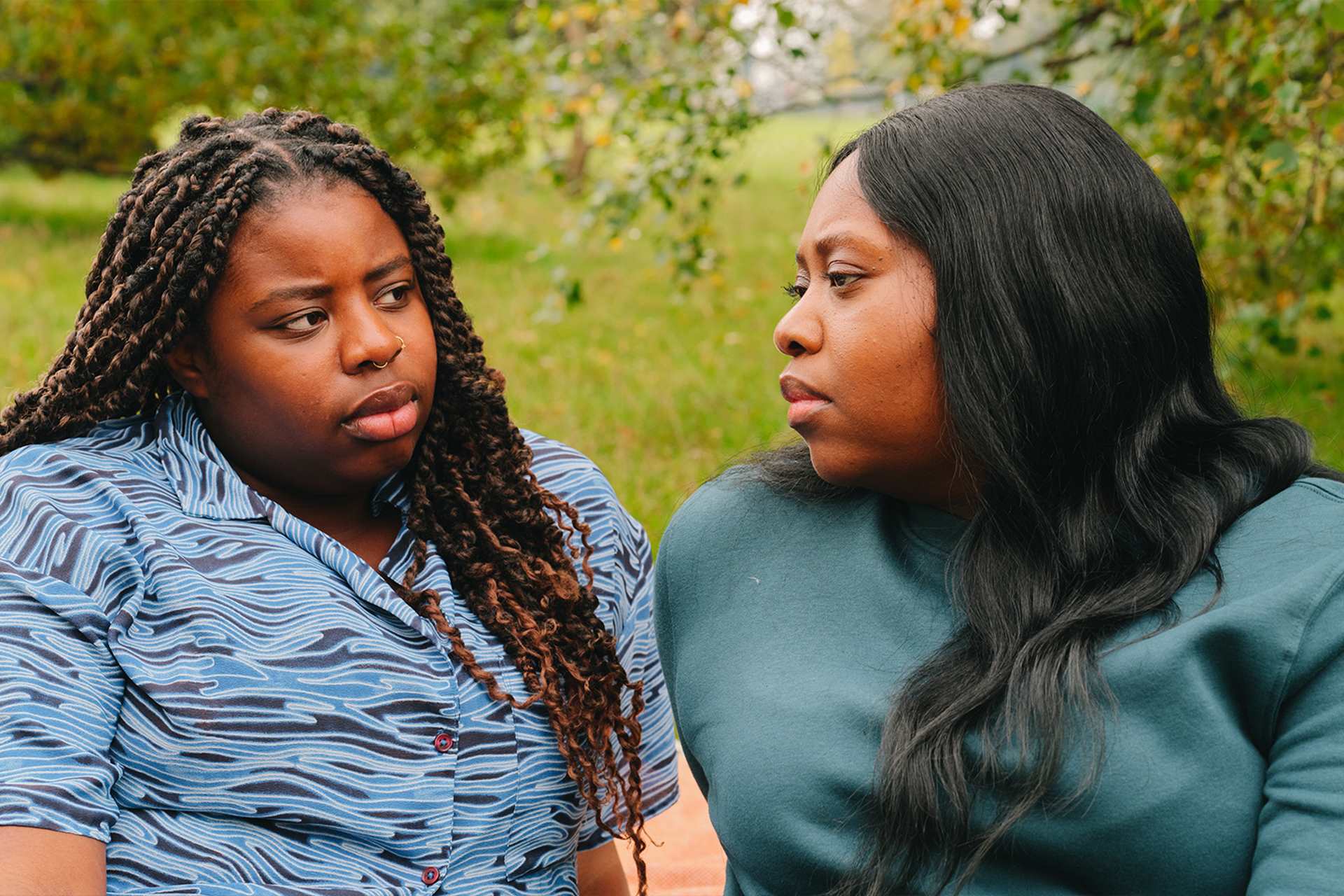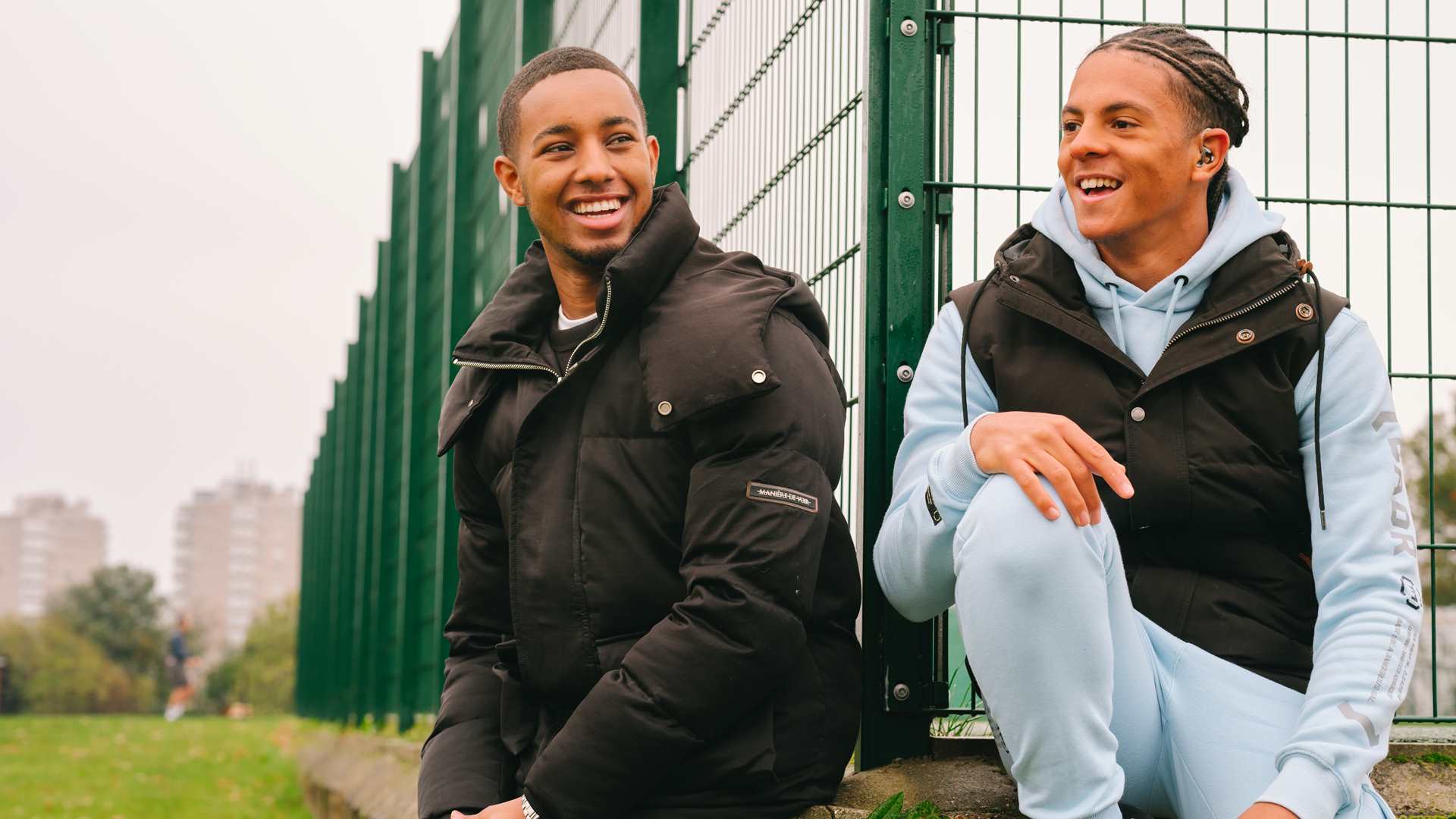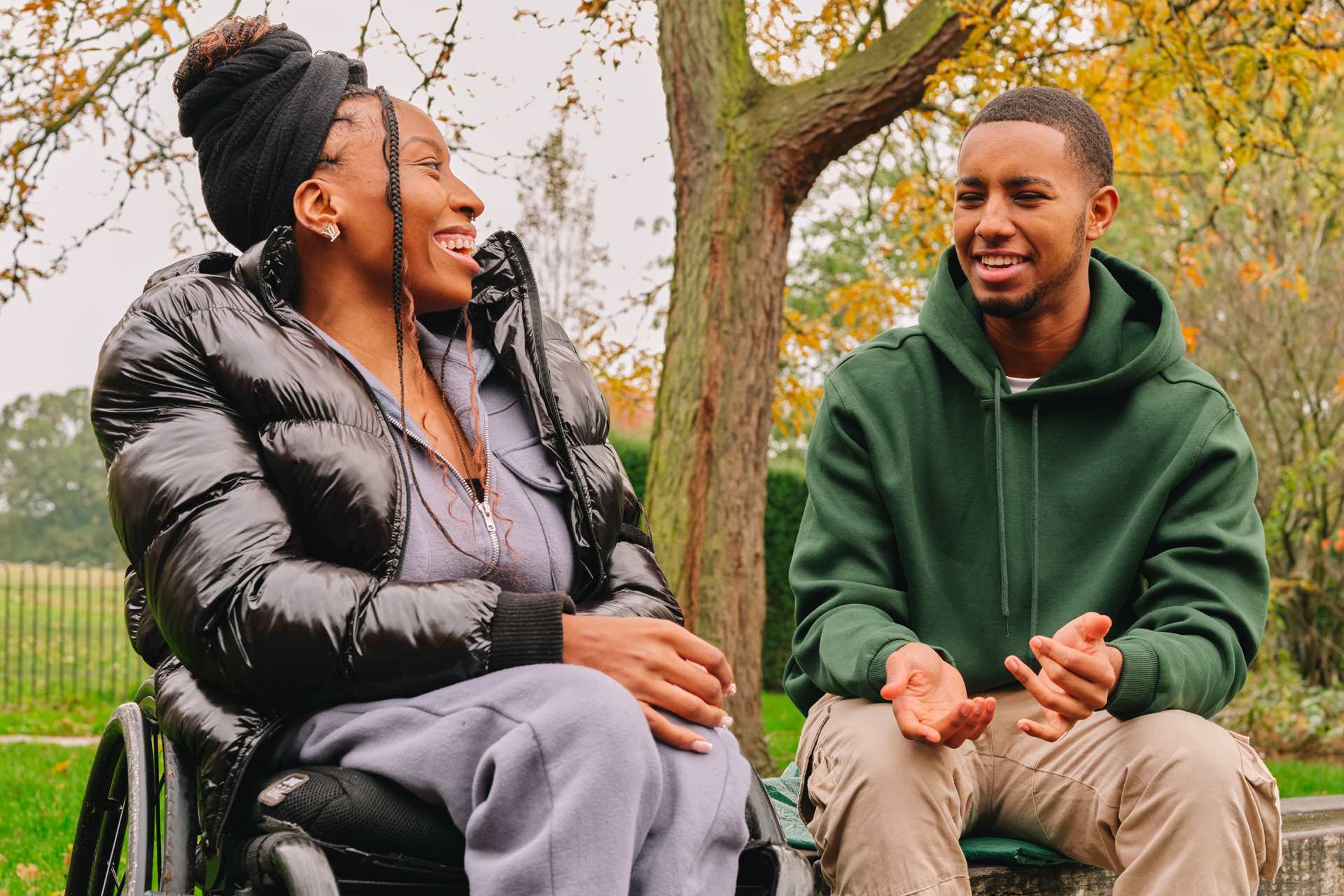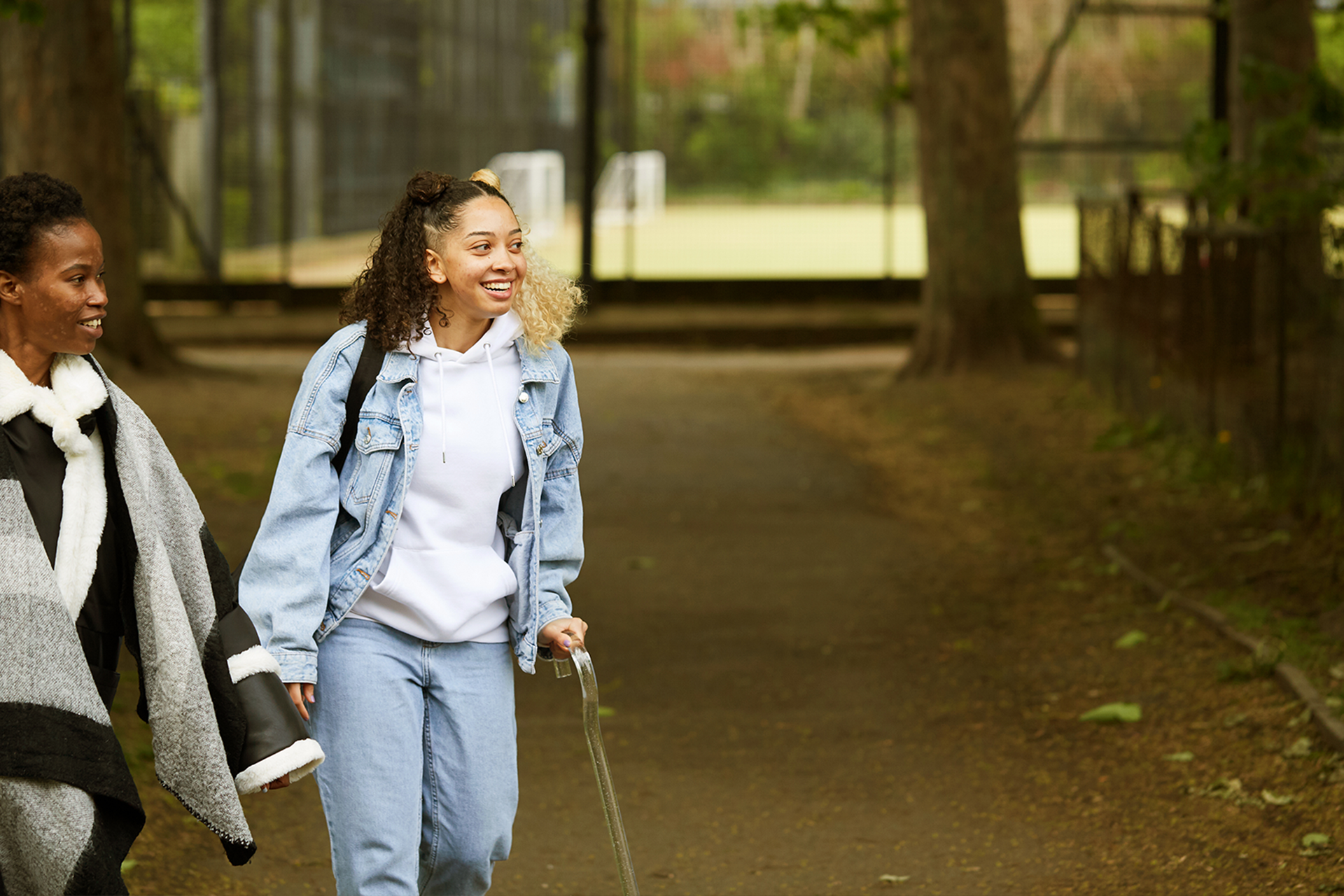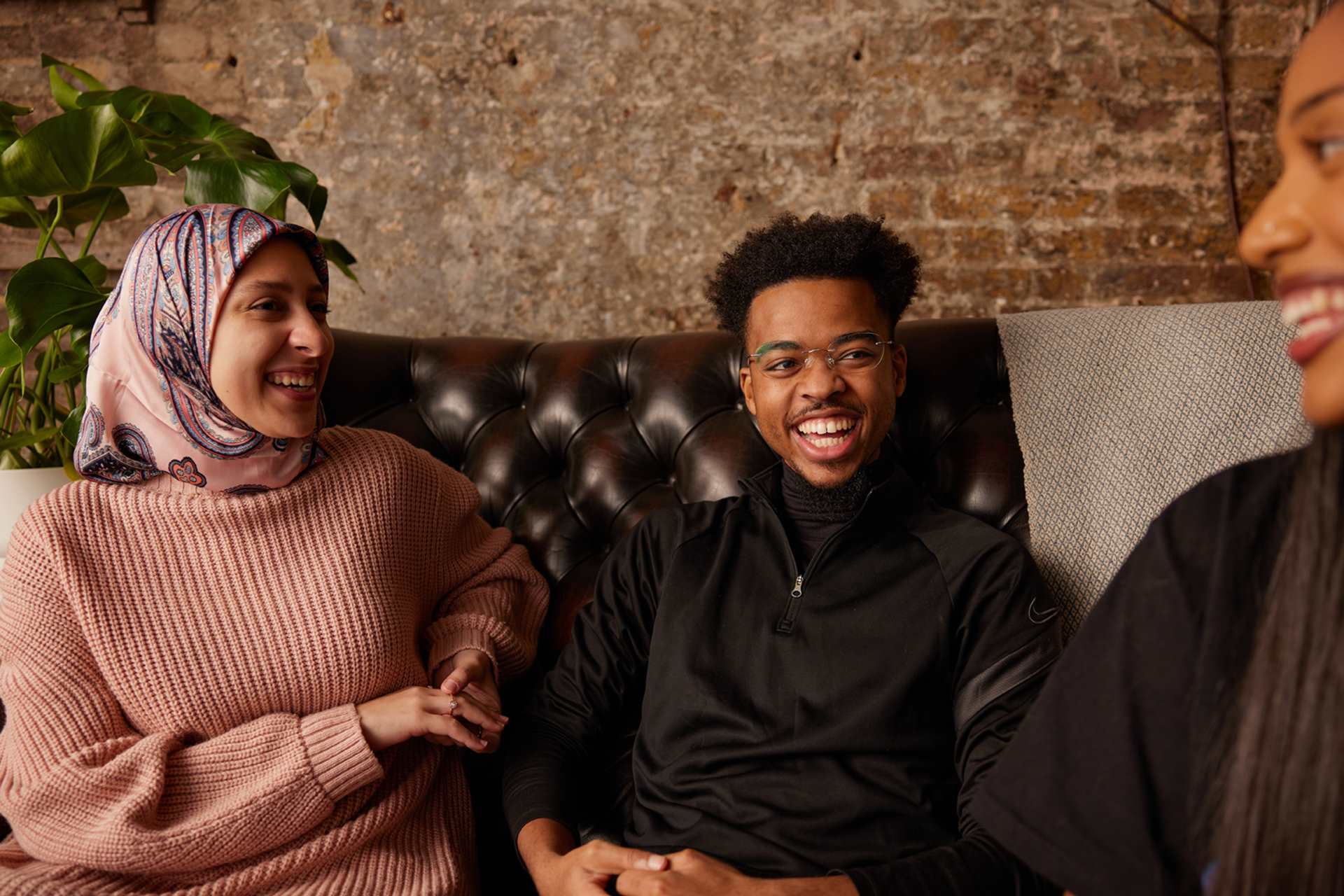Real stories from diverse voices
We know that young people from marginalised communities are often left out of the mental health conversation. We want to change that. Here you'll find real and honest stories rooted in their experiences.
Guides and advice
-
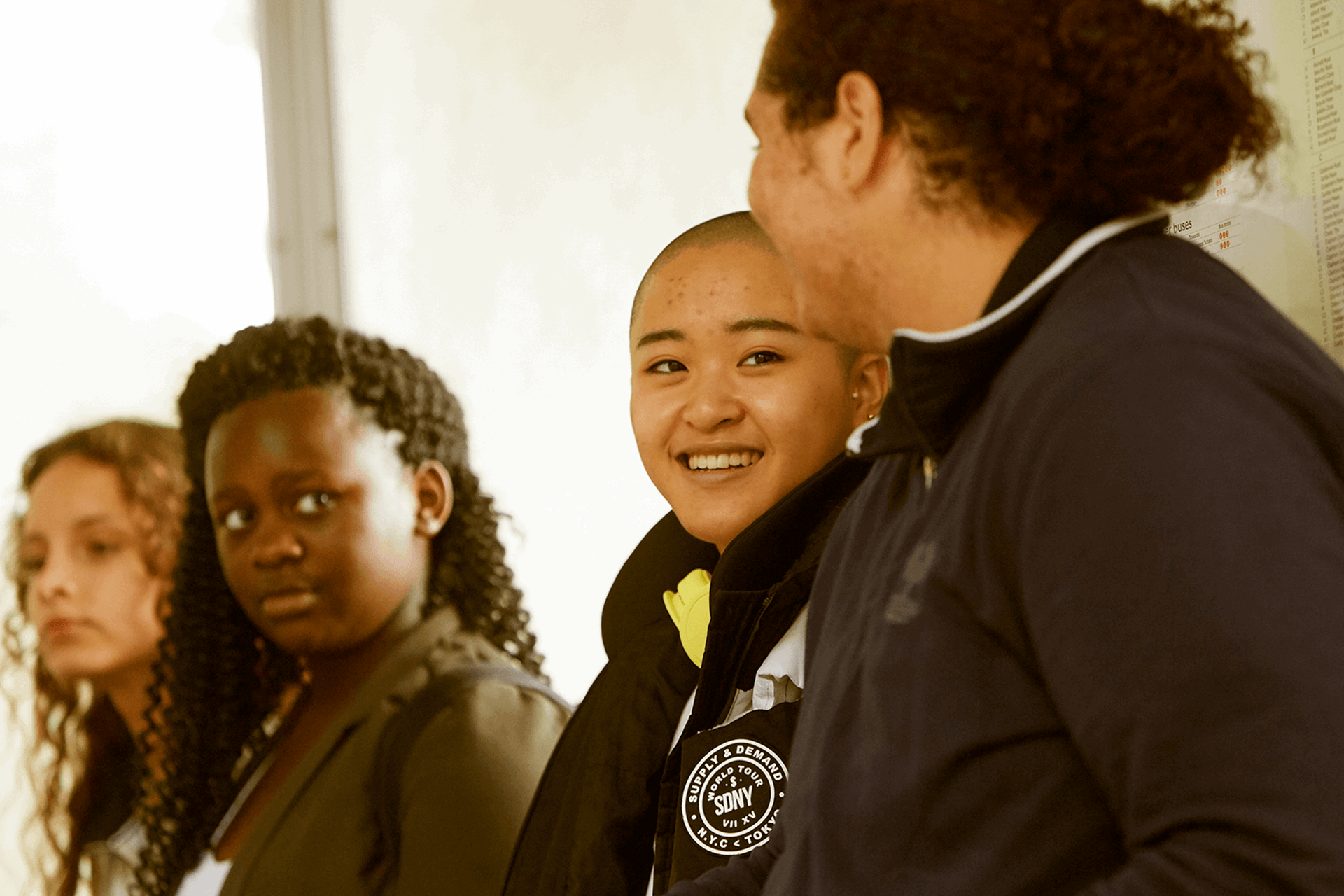
Autism is a spectrum condition that affects how you experience and interact with the world. It’s not a mental health problem, but it can impact your mental health. If you need support, our advice can help.
-
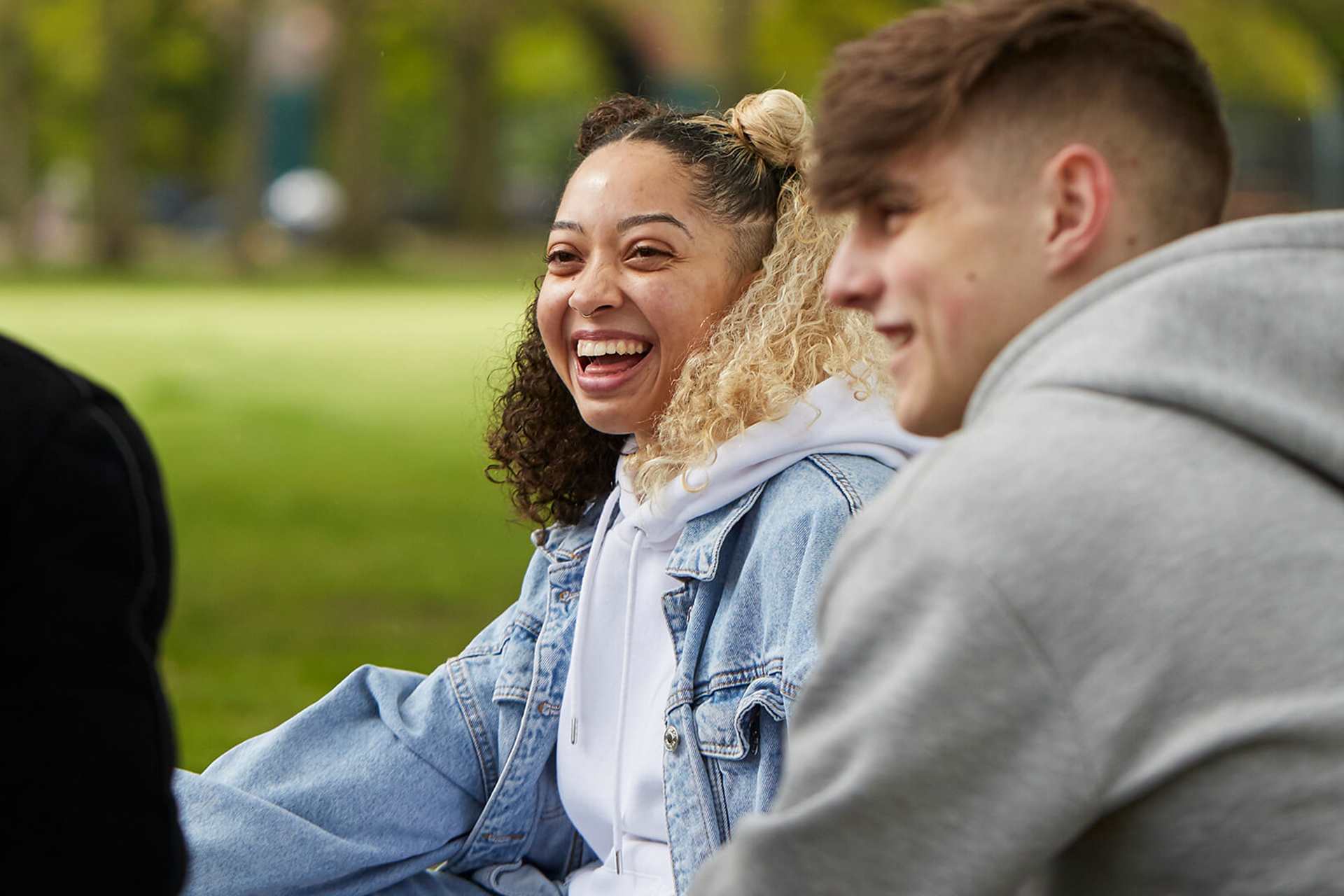
If you’re finding it hard to concentrate or control what you’re doing, it might be a sign of attention deficit hyperactive disorder or ADHD. Find out more about what ADHD is and how you can get support.
-
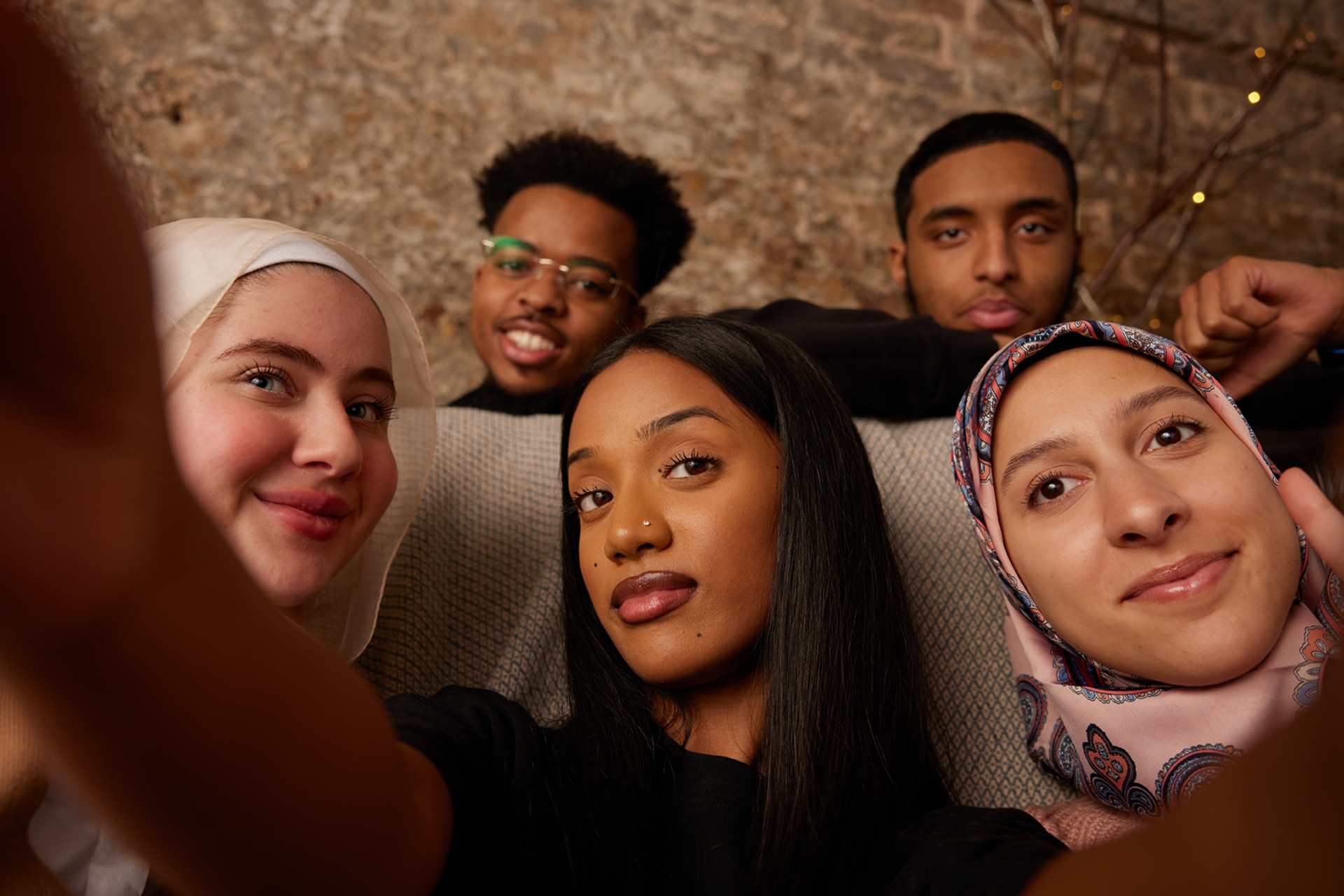
What is cultural identity and how can it affect our mental health? Find out more, including how to look after yourself while navigating pressures or expectations from a culture or community you belong to.
-
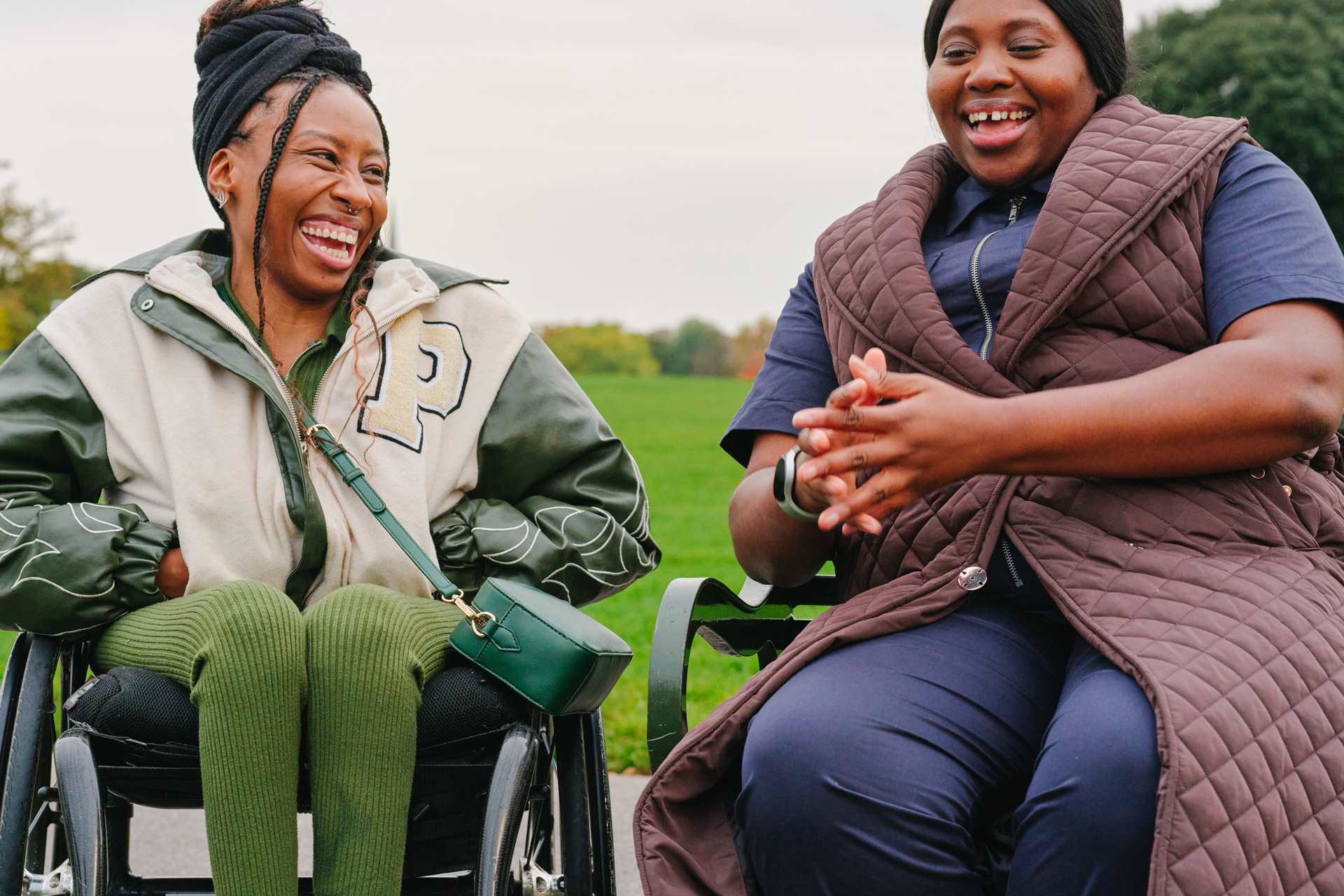
Disability and mental health intersect in various different ways. Find out more and read tips for looking after your mental health created by and for Disabled young people.
-
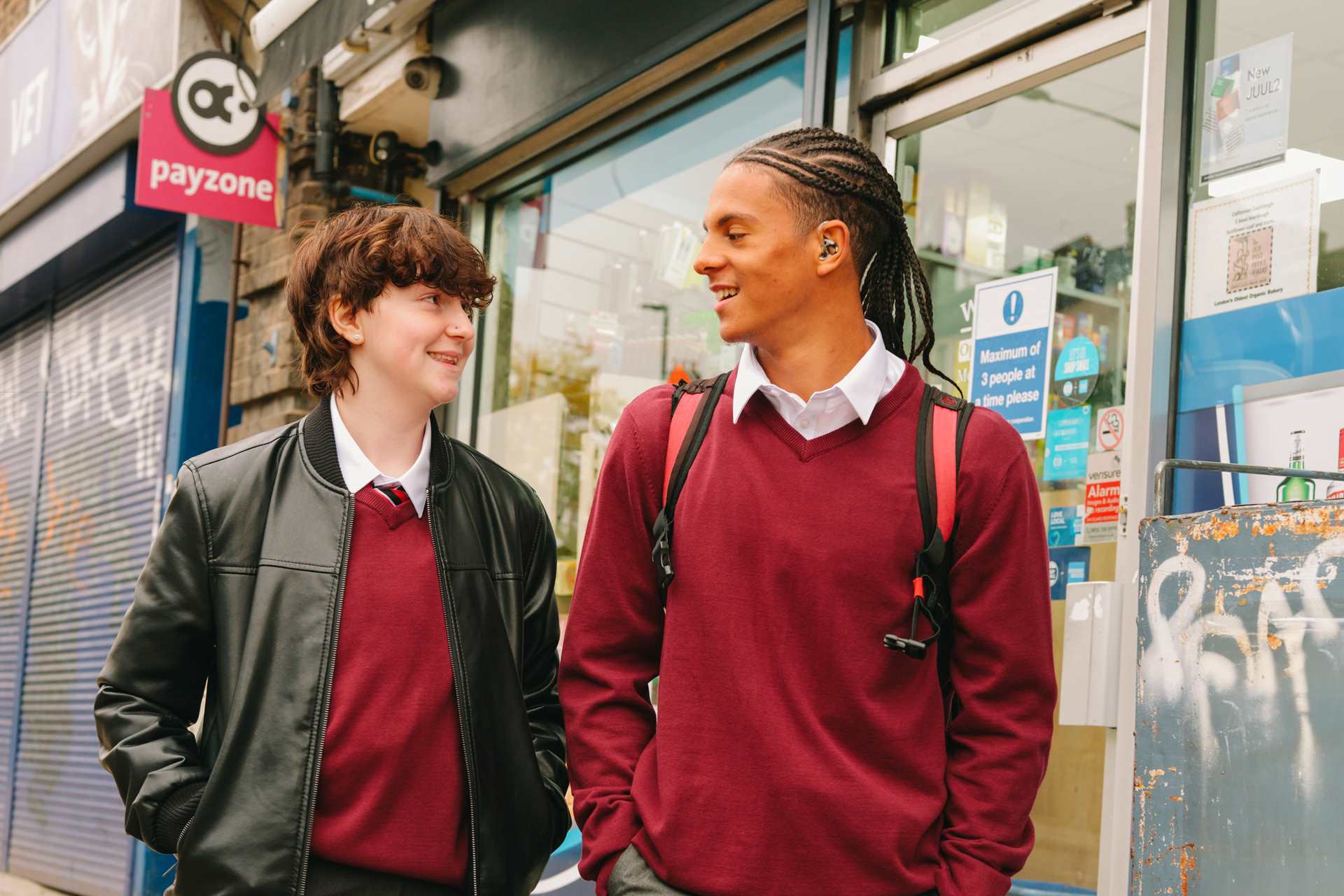
Being Trans, Non-binary or questioning your gender in any way is not a mental health problem. But coming to terms with your gender identity isn’t always easy, and sometimes what you’re going through can impact your mental health.
-
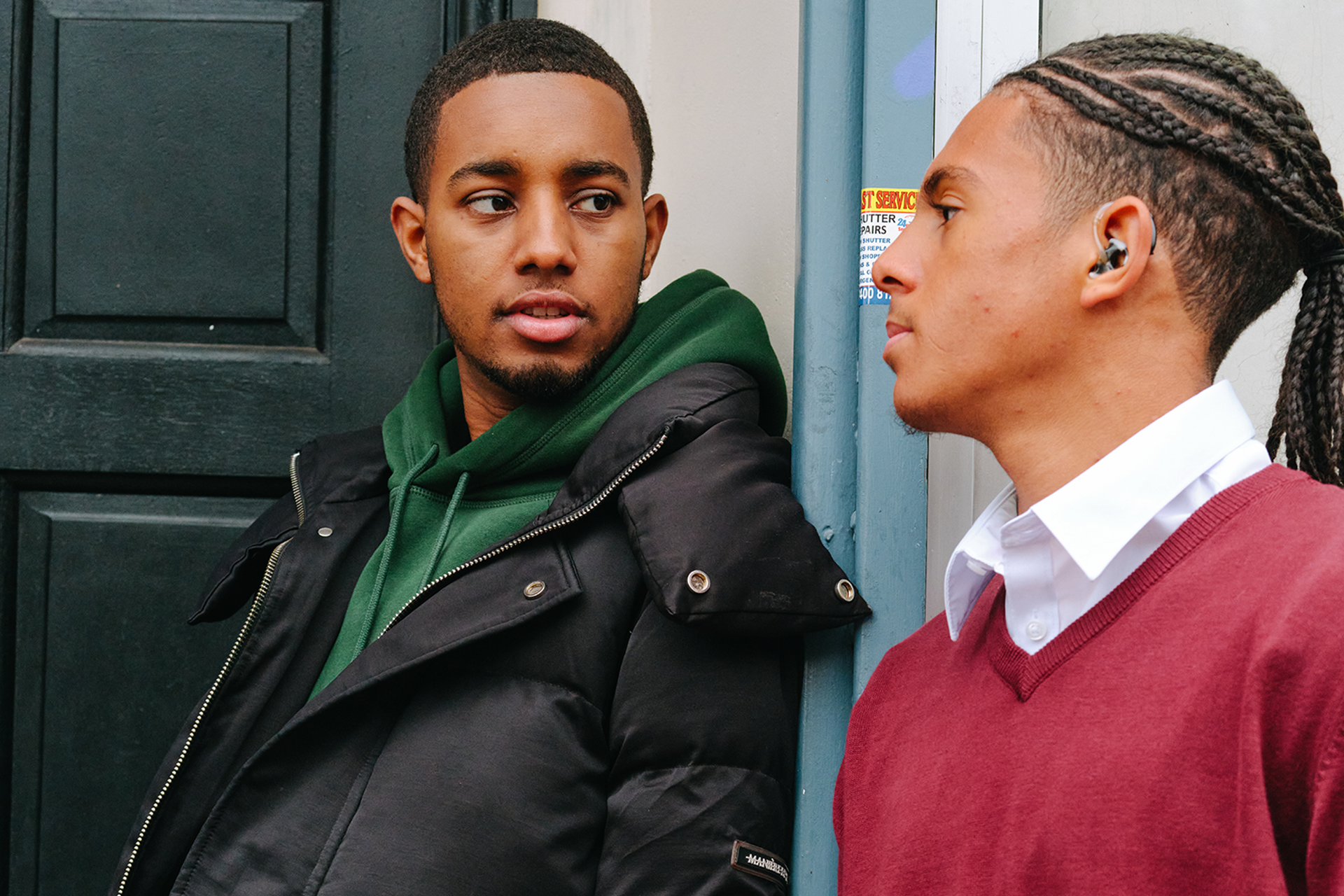
Being treated differently or unfairly because of your race, skin colour or ethnicity can really impact your mental health. It’s not okay, and it’s fine to feel upset about it. Here’s some advice on support after you've experienced racism.
-
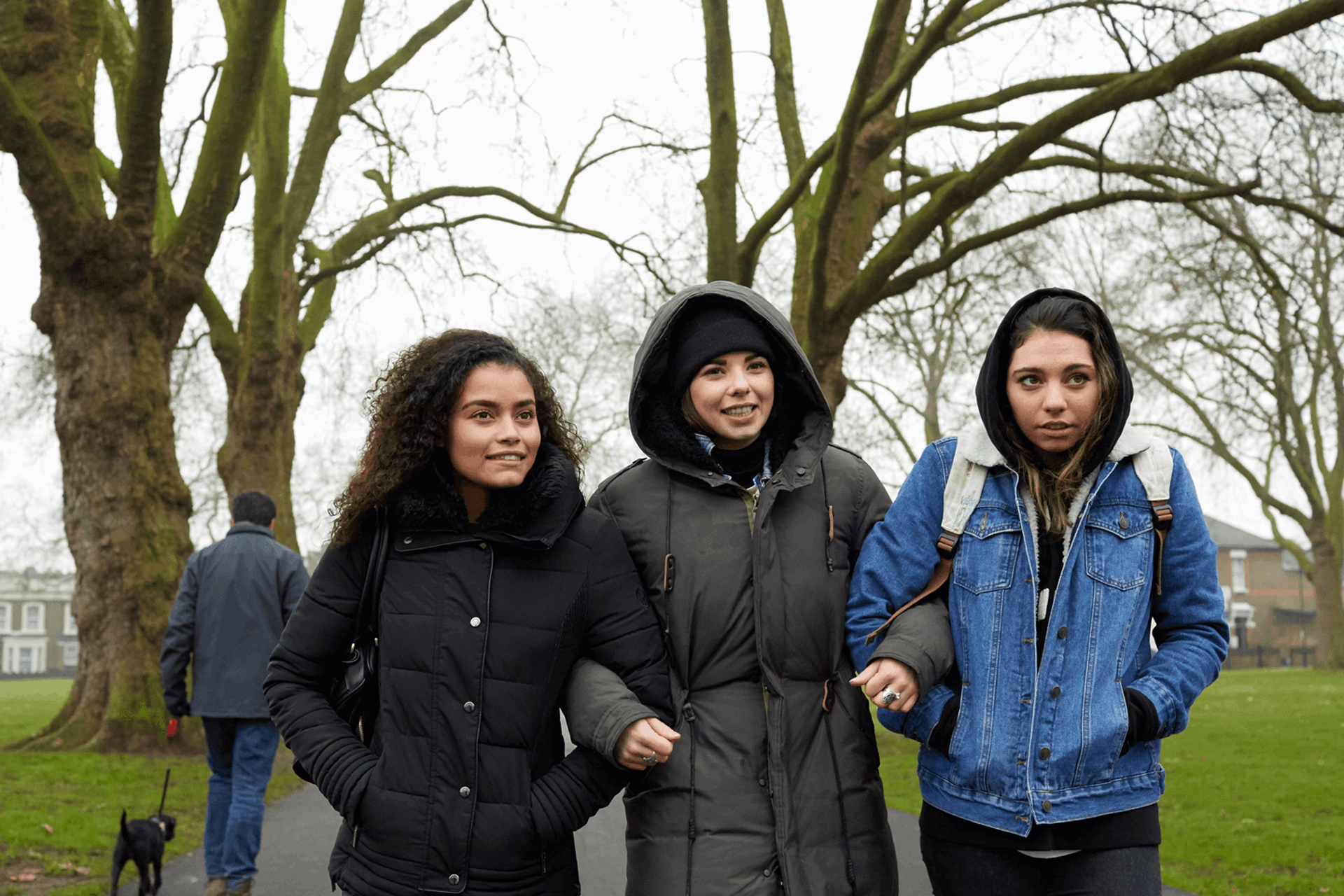
Being LGBTQIA+ isn’t a mental health issue, and it doesn’t cause mental health problems. But dealing with uncertainty, pressure, or judgement about your sexuality can be tough.
-
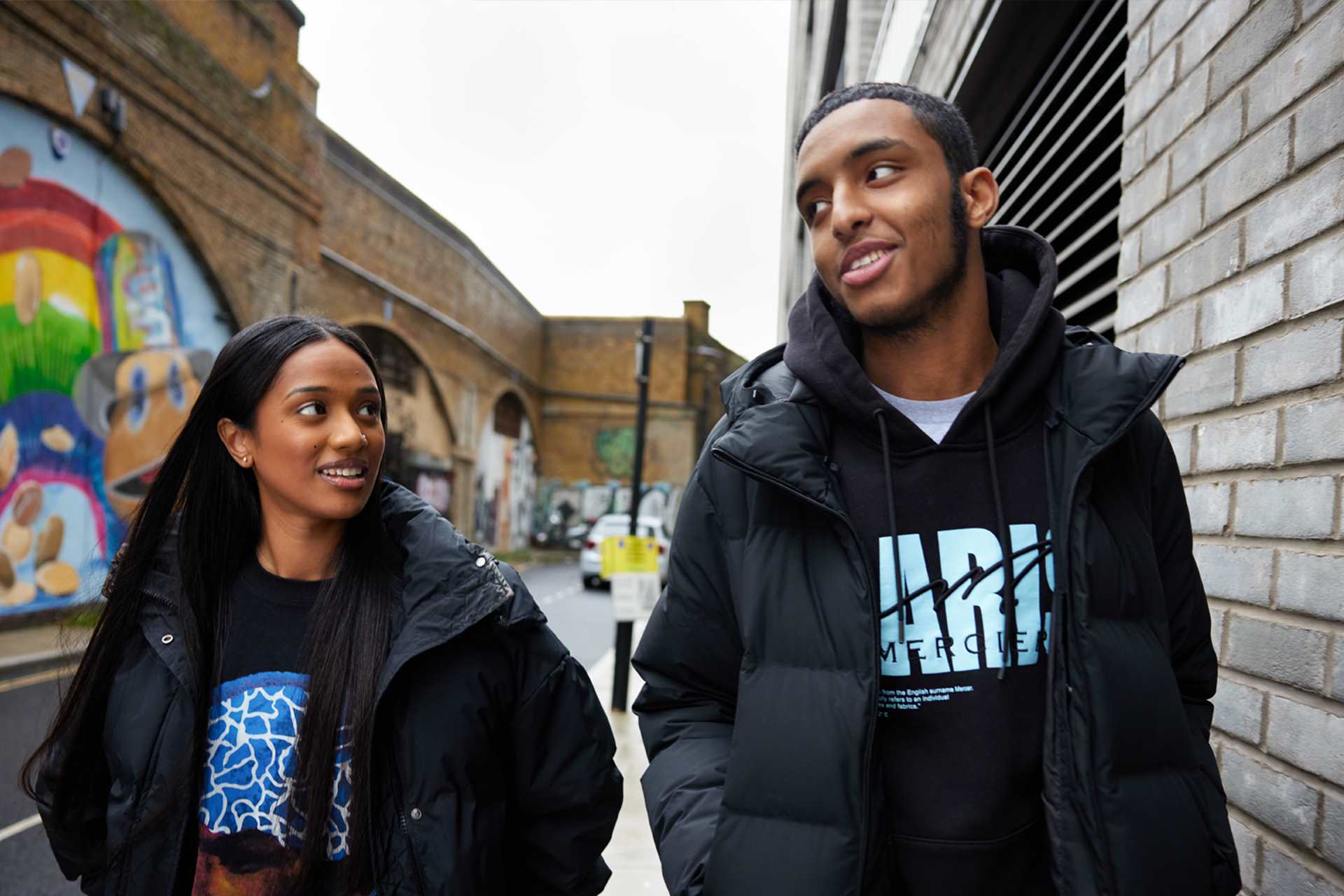
Check out our faith-friendly information and advice, shaped by the voices of young Muslims and created in partnership with Muslim Youth Helpline.
-
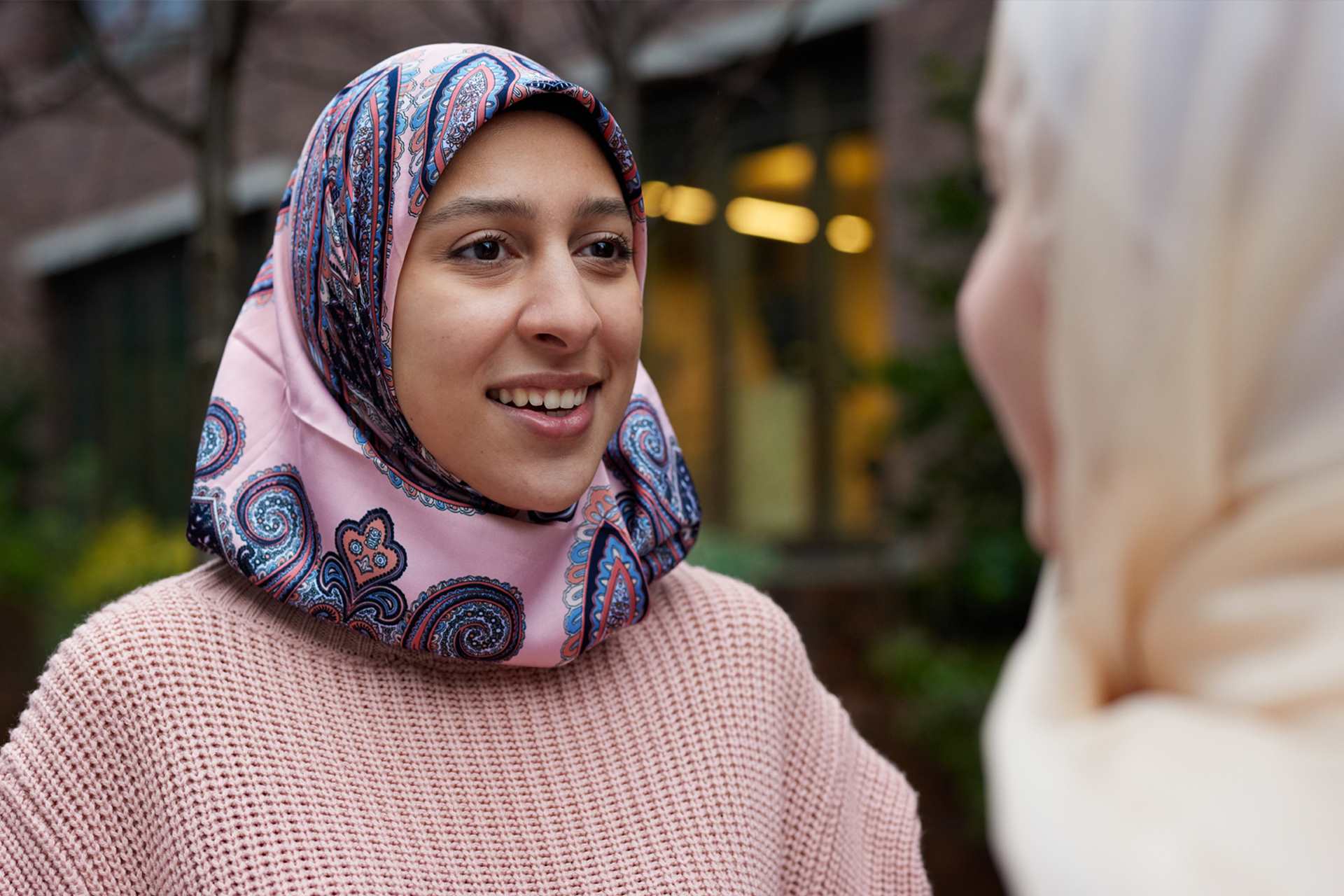
It’s normal to have ups and downs, but if you’re struggling, there are things you can do that can really help. Check out our faith-friendly guide to self-care and how to practise self-care that's right for you.
-
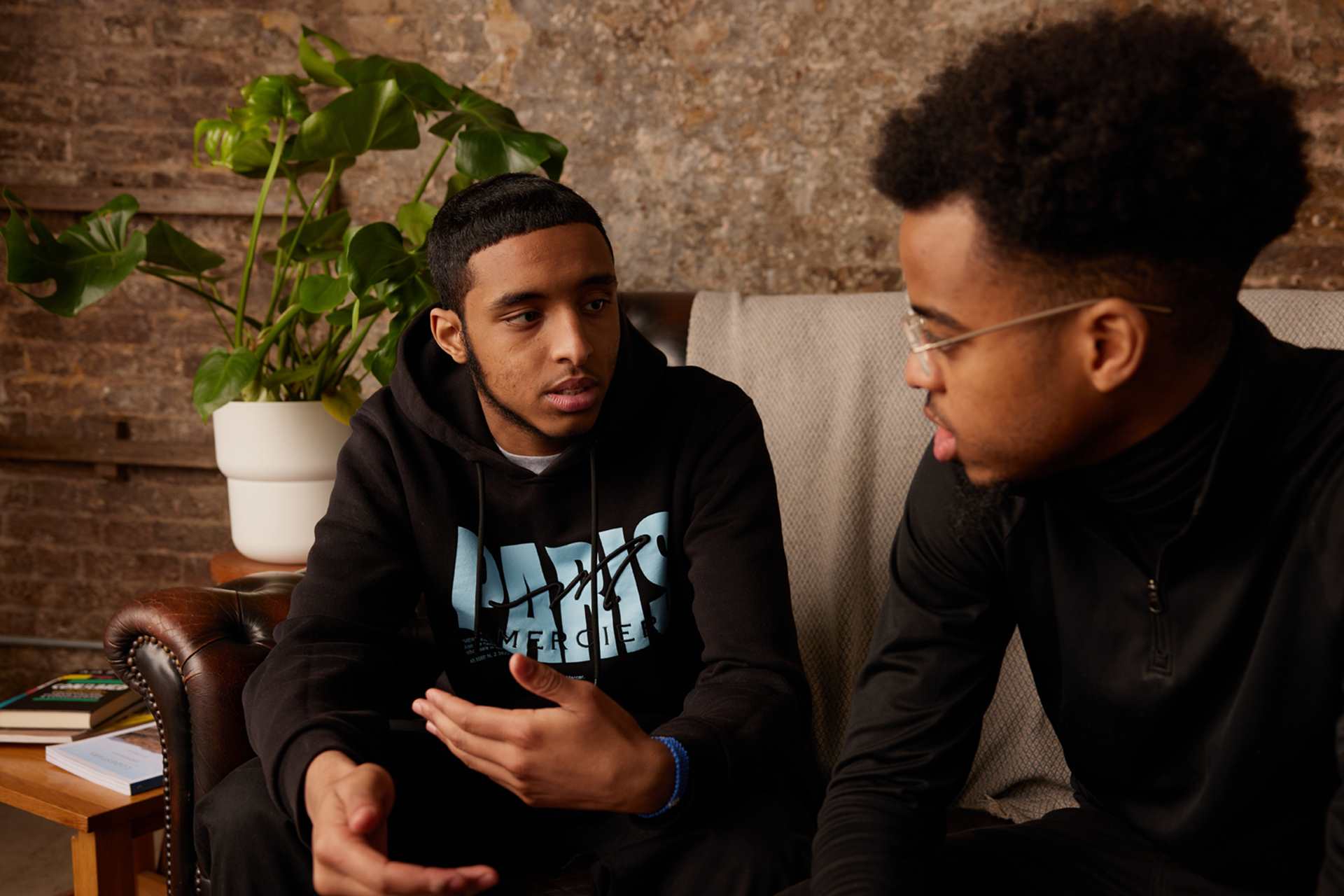
Our information and advice created with young Muslims can support you if Islamophobia is affecting your mental health.
-
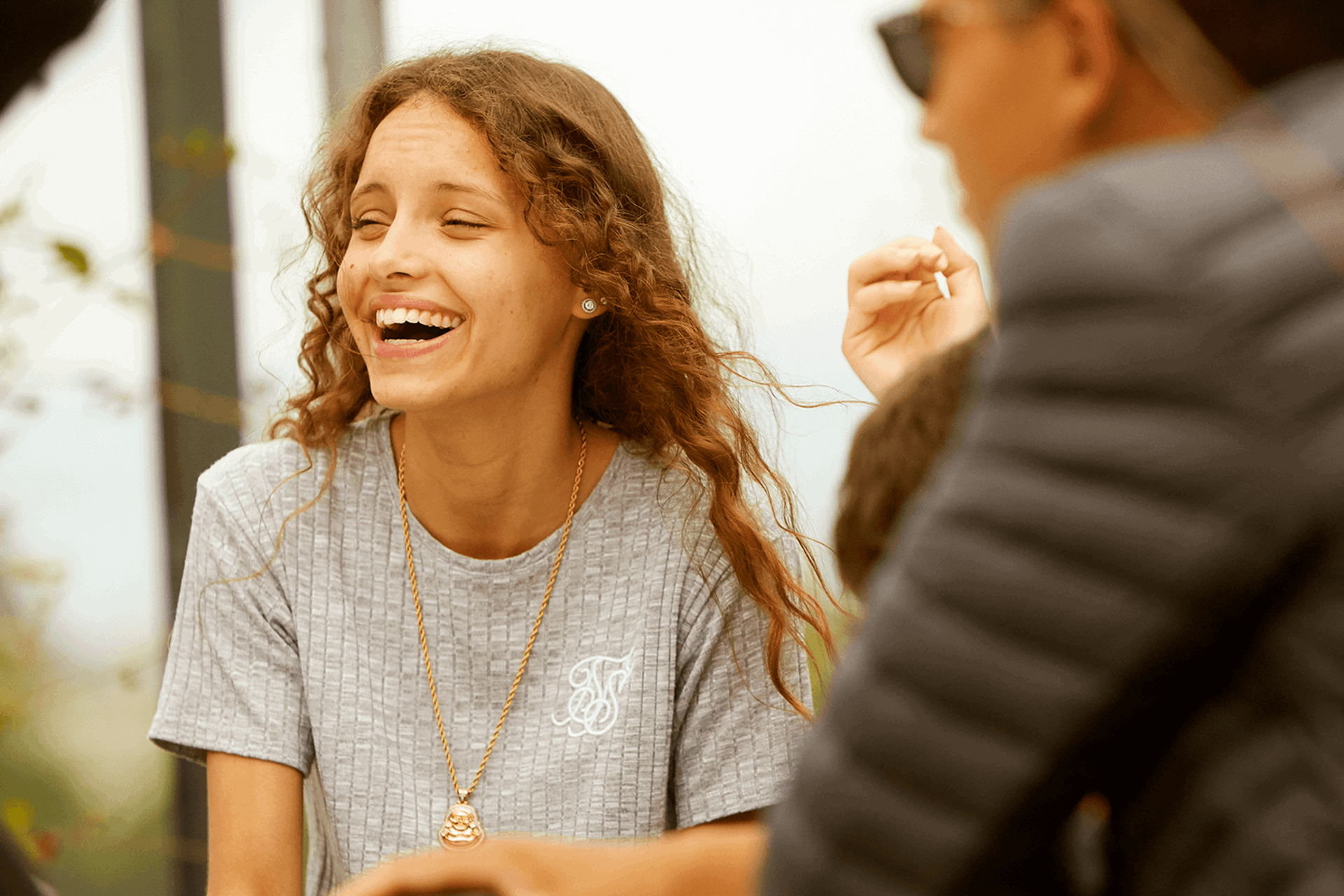
Check out our faith-friendly information and advice, shaped by the voices of young Jewish people and created in partnership with Jami.
Mental health support for Black young people
We've teamed up with The Ubele Initiative, Mind and Best Beginnings to create a space for Black young people to find support, care and joy.
The word bayo comes from Yoruba and means “joy has found us”. Bayo is not just somewhere for Black young people to get support, but to draw strength.
Find organisations that work specifically with Black young people, including places where you can get mental health support in your local community.
